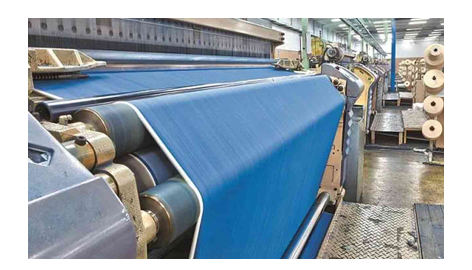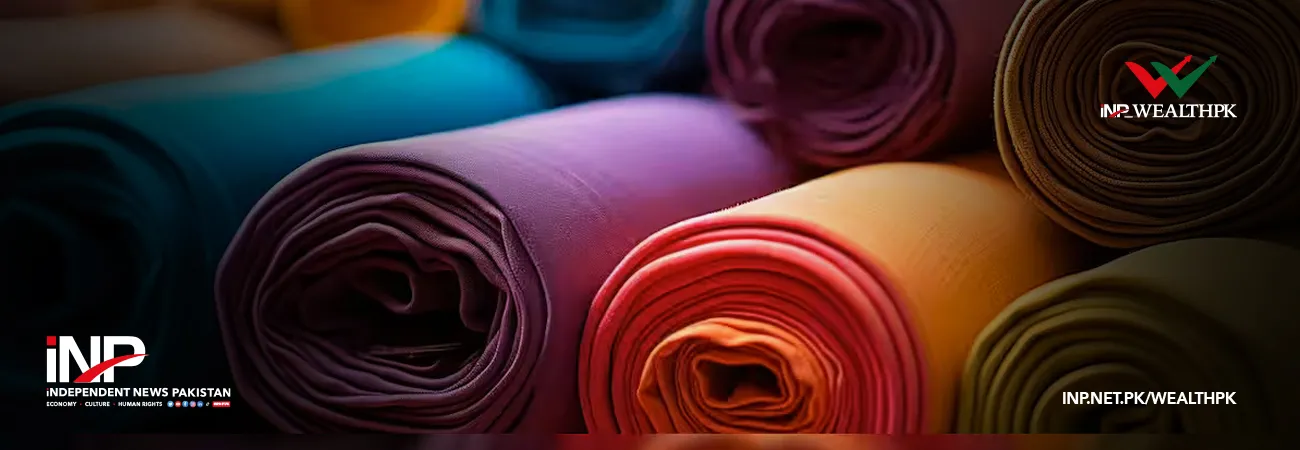INP-WealthPk
Amir Khan

Pakistan's textile and clothing exports saw a slight increase of 0.93% in FY24, reaching $16.55 billion from $16.50 billion the previous year. This modest growth highlights the sector's struggle to compete with the regional rivals due to the harsh taxation measures implemented during the fiscal year. Talking to WealthPK, former commerce minister Gohar Ejaz said the textile and clothing exports remained static over the past two years despite the sector's $25 billion installed capacity. The government needs to provide competitive energy rates, tax drawbacks, and sales tax refunds to boost exports, he suggested. "With the new taxation measures, including higher tax rates on the exporters' income, the sector's performance in FY24-25 is expected to face further challenges. These impacts will likely become evident in the coming months," he pointed out. According to the Pakistan Bureau of Statistics (PBS), the textile and clothing exports saw a 3.91% year-over-year decline in June to $1.41 billion from $1.47 billion.
This drop reflects the burden of the highest-ever energy costs on the industry. The PBS data showed a mixed performance across different textile categories. Readymade garment exports rose by 2.05% in value and 1.99% in quantity, while knitwear exports decreased by 0.66% in value but increased by 41.44%. Bedwear exports grew by 4.12% in value and 15.27% in quantity, and towel exports saw a rise of 5.55% in value and 14% in quantity. However, cotton cloth exports fell by 7.72% in value but grew by 16.15% in quantity. In addition, a significant decline of 54.52% in textile machinery imports during FY24 indicates that the expansion or modernization projects were not prioritized. In contrast, the mobile phone imports surged by 233.10% to $1.89 billion in FY24 from $570.07 million the previous year, making up the largest share of overall machinery import value. The other mobile apparatus imports grew by 20.94% to $467.56 million from $386.62 million last year.
Talking to WealthPK, Ms. Sarah Saeed, Special Secretary Commerce, said the overall decline in exports highlights the negative effects of the rising energy costs. Notable decrease in the textile machinery imports indicates either reluctance or inability to invest in modernization, which could hinder future growth. At the same time, the increase in mobile phone imports shows changing consumer preferences and a potential shift in investment priorities, she added. To boost competitiveness and stimulate export growth, the government must introduce strategic support measures that address high energy costs and promote technological advancement. In conclusion, the textile sector's limited growth, coupled with the challenges of high energy costs and taxation, highlights the necessity for government strategic support to improve competitiveness and increase exports.
Credit: INP-WealthPk













